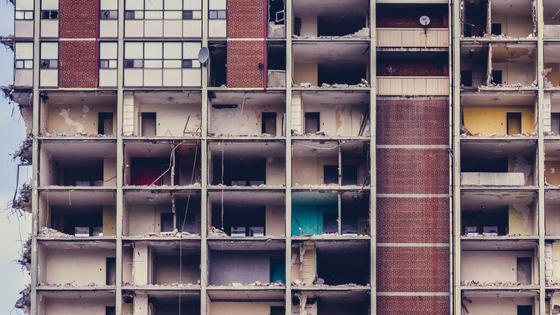What homeowners left with damage can do after the storm

From Mississippi and Minnesota to Texas and Tennessee, severe weather has cut a path of destruction across the nation in recent weeks. Indeed, one of the states that has undoubtedly been hit the hardest is California, which instead of sunny skies and near ideal conditions has seen torrential rains and flooding.
One of the most unfortunate results of this inclement weather, of course, is that it has displaced many homeowners or caused serious damage to what is undoubtedly their most prized possession.
At a minimum, those who find themselves in this unenviable position can derive some comfort from the fact that they have homeowners’ insurance to help cover their losses and, more importantly, put them back where they belong.
Nevertheless, those who have never had to file a claim under their homeowners’ policy might not know where to turn or what to do in the immediate aftermath of a severe weather outbreak that has caused considerable damage.
According to experts, these homeowners can perhaps help themselves the most by taking just a few basic steps:
- Given that your policy may require that the insurance company be notified within a certain timeframe, contact either it or your insurance agent with all necessary information (policy number, etc.) as soon as possible
- Determine what documents will be needed by the insurance company to file a claim, maintain a diary of all conversations with personnel, and provide any requested information to expedite the process
- Inquire as to whether you have coverage for additional living expenses if the storm damage rendered the home uninhabitable (i.e., hotel room, apartment rental)
- Take video and photos documenting the damage to the home, and maintain damaged personal property for inspection
- Undertake the necessary temporary repairs to prevent more damage — tarps over broken roofs, boards over broken windows, etc. — and abstain from permanent repairs until the insurance company has performed its inspection
- Keep all paperwork and receipts, including those relating to temporary repairs and additional living expenses
- Request an itemized explanation once a claim settlement offer has been made, and, if treated unfairly, consider filing a complaint with the governing state agency
We’ll continue discussing this issue in our next post, exploring some tips for homeowners with storm damage to keep in mind when it comes to retaining contractors.
Source: Clarksville Now, “Tips for consumers filing claims, hiring contractors after storm damage,” March 2, 2017


